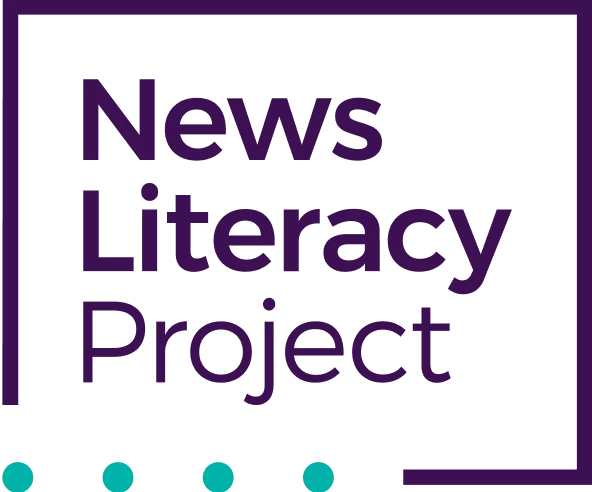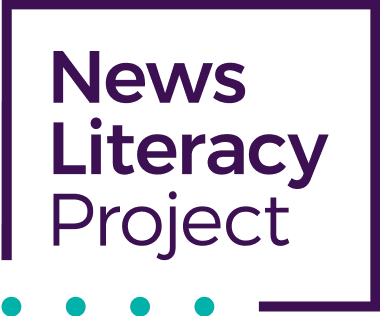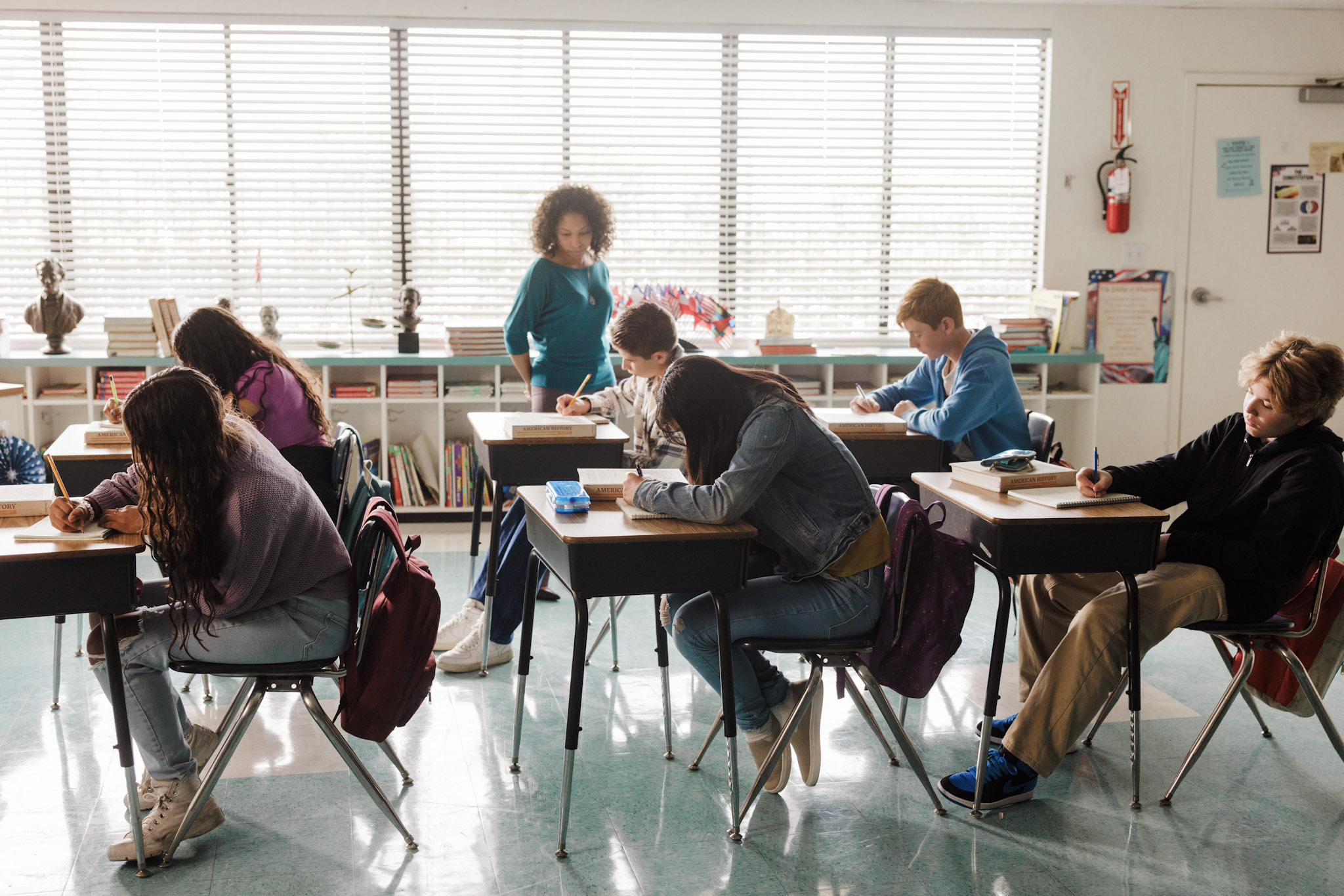Report: News Literacy in America
Among findings of 2024 survey: Most teens would like schools to teach news literacy.
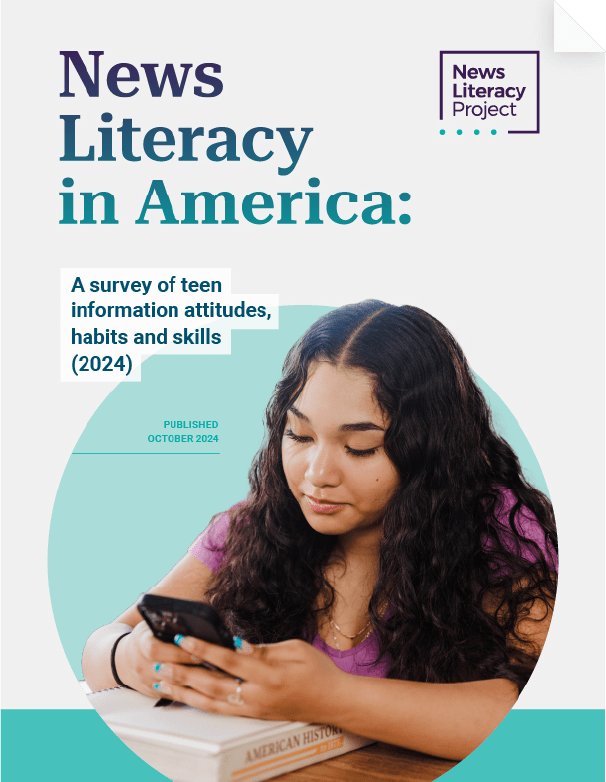
About the study
American teens spend hours each day scrolling social media platforms, immersing themselves in an often-confusing stream of entertainment, ads, news, rumors and conspiracy theories. Young people need the knowledge, skills and habits of mind to assess the credibility and authenticity of news and information they encounter as they navigate this complex landscape. Otherwise, they will remain at a civic and personal disadvantage throughout their lives.
To learn about teens’ information behaviors and mindsets, assess the state of news literacy education and identify ways to ensure young people become well-informed, critical thinkers, the News Literacy Project engaged SSRS, a full-service social science and market research firm, to conduct a nationally representative, probability-based online survey of 1,110 teens ages 13 to 18 in May 2024.
This research aims to inform educators and policymakers as they weigh how to best integrate news literacy in schools — and to help journalists and researchers better understand the needs of young people in this area. This report is a comprehensive overview of how teenagers think about, experience and engage with today’s information landscape.
Among the study findings

Attitudes about media literacy in schools:
Key Finding
Teens want media literacy instruction included in their education. An overwhelming majority of teens (94%) say that schools should be required to teach media literacy.
Overwhelming majority of teens say they support media literacy requirement for schools.
Do you think schools should be required to teach media literacy?
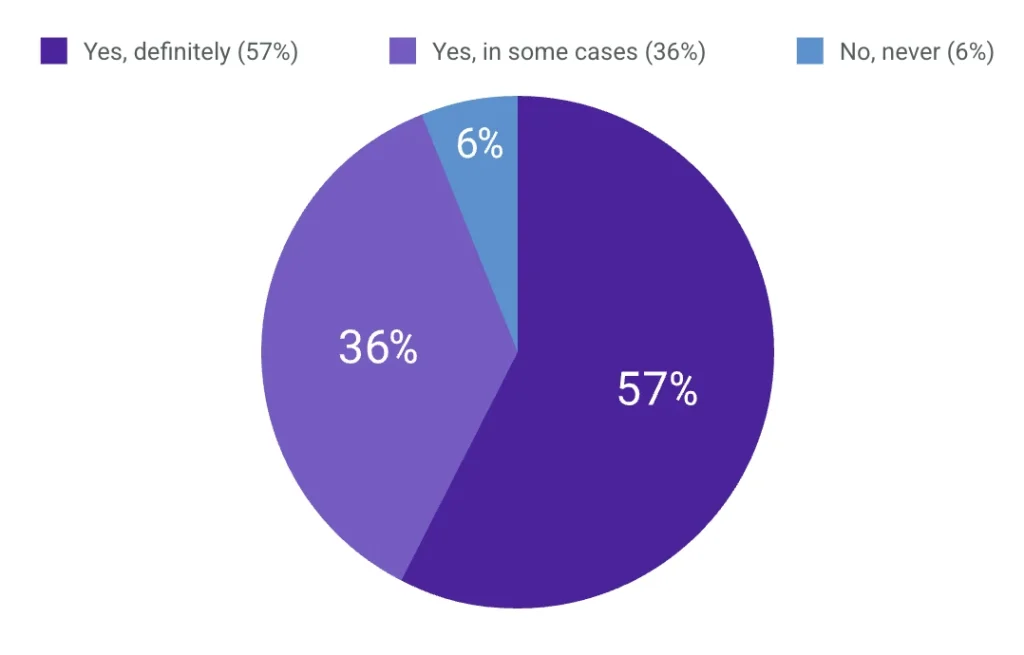
Note: Results based on the 1,108 teens who responded to this question. Items may not sum exactly to 100% due to rounding.
Source: SSRS survey for the News Literacy Project conducted online from May 17-28, 2024, with 1,110 teenagers ages 13 to 18 nationwide.

News literacy skills:
Key Finding
Regardless of age, teens struggle to distinguish between different types of information. Fewer than 2 in 10 teens (18%) correctly answered all three questions asking them to distinguish between different types of information, such as news, advertisement, opinion and entertainment.
Fewer than 2 in 10 teens gave all correct answers when asked to distinguish between information types
% of teens who correctly answered ___ of three questions designed to measure the ability to distinguish between information types
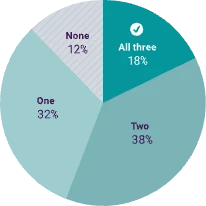
Source: SSRS survey for the News Literacy Project conducted online from May 17-28, 2024, with 1,110 teenagers ages 13 to 18 nationwide.
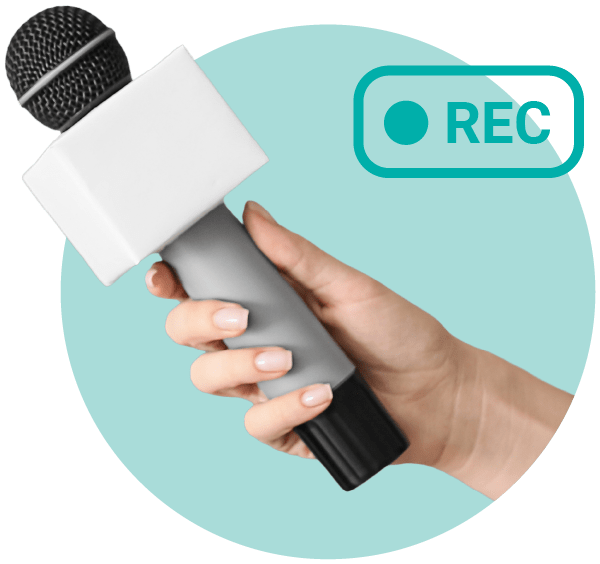
Attitudes about the press:
Key Finding
Nearly half of teens (45%) think the press does more to harm democracy than protect it.
45% of teens say journalists do more to harm democracy than protect it
Would you say that professional journalists and the organizations they work for in the United States are doing more to…

Source: SSRS survey for the News Literacy Project conducted online from May 17-28, 2024, with 1,110 teenagers ages 13 to 18 nationwide.

Experiences on social media:
Key Finding
Eight in 10 teens on social media reported seeing posts that spread or promote conspiracy theories, and of those, 81% said they are inclined to believe one or more of them.
8 in 10 teens on social media report seeing conspiracy theory posts, but the frequency of these encounters varies
% of teens on social media who say they see posts that spread or promote conspiracy theories…

Note: Results based on the 1,082 teens who responded to this question.
Source: SSRS survey for the News Literacy Project conducted online from May 17-28, 2024, with 1,110 teenagers ages 13 to 18 nationwide.

Information habits:
Key Finding
Few teens are regular users of generative artificial intelligence technologies. Less than one-quarter of teens (23%) say they use generative AI chatbots, such as ChatGPT, Gemini or Copilot, once a week or more. Even fewer teens (9%) report using AI image generators, such as DALL-E, Midjourney, DreamStudio or Gemini, once a week or more.
55% of teens use generative AI chatbots, but only 5% report being daily users
% of teens who say they use generative artificial intelligence (AI) chatbots, such as ChatGPT, Gemini or Copilot…

Source: SSRS survey for the News Literacy Project conducted online from May 17 – 28, 2024, with 1,110 teenagers ages 13-18 nationwide.
33% of teens use AI image generators, but only 2% report being daily users
% of teens who say they use artificial intelligence (AI) image generators, such as DALL-E, Midjourney, DreamStudio or Gemini…

Source: SSRS survey for the News Literacy Project conducted online from May 17 – 28, 2024, with 1,110 teenagers ages 13-18 nationwide.
Additional Resources

PDF [9 MB]
PDF [2.1 MB]
PDF [1.8 MB]
